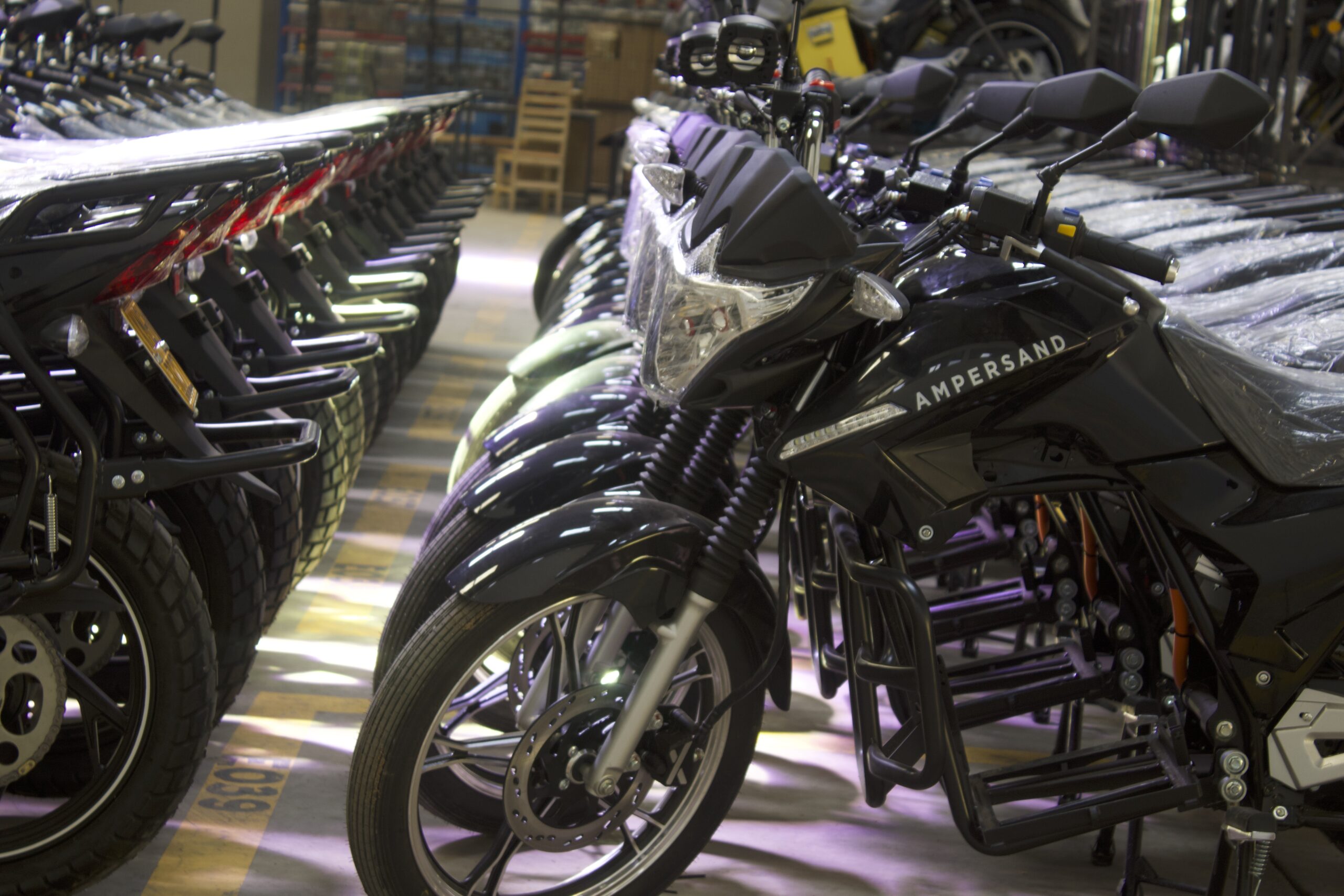White Industries has been a leading provider of ferrous and non-ferrous castings for the last 65 years.
White Industries has grown from humble beginnings to become the service provider clients now know and trust.
A known ISO-quality endorsed castings supplier, White Industries manufactures and delivers cost-effective solutions.
The company has been able to continue operating locally despite several foundries closing in recent years by expanding its castings offerings and delivering efficient products and services with quality at the forefront.
“One of the biggest advantages of sourcing your castings locally is the speed and reliability of delivery,” White Industries said. “This reduces the risk of global disruptions like port delays, political instability, and pandemics affecting your supply chain.
“We offer full vertical integration, from initial design and simulation to heat treatment and final machining. As a one-stop shop, we eliminate the need for multiple suppliers, simplifying your supply chain and reducing coordination issues.”
Manufacturing products locally means more jobs will be created to fuel the national economy and keep industries performing optimally. Utilising Australian materials to create products also strengthens the country’s supply chain.

Castings
White Industries can produce non-ferrous and ferrous castings from 1–23,000kg, allowing for a wide range of customer needs to be met.
The castings are available in material such as stainless steel, manganese steel, low alloy steel, ductile iron, grey cast iron, high alloy white iron, brass, bronze, phosphor copper nickel, gunmetal, and aluminium.
The iron castings can be manufactured up to 22,000kg, and the steel castings can be as large as 12,000kg. The aluminium castings can reach up to 325kg and the brass and bronze castings can be as heavy as 1000kg.
If a client is unsure what material would best suit their needs, White Industries’ team of metallurgists can assist in selecting the most appropriate option.
“We offer specialised expert advice on all your project specifics,” White Industries said.
“This can range from product development and production capabilities and assist in design for effective manufacturing and cost control. We have the ability to accept product designs in most electronic formats.”
By working with its clients to develop the best material for each application, White Industries increases service life of the castings and production outputs.
Capabilities
Over the years, White Industries has expanded its capabilities to deliver large-scale supply across Australia.
The company can create precision patterns by using various materials, with each tailored to the clients’ specifications. White Industries can also reverse engineer patterns.
“White Industries offers comprehensive capabilities, reverse engineering including CAD (computer-aided design) modelling, 3D scanning, 3D printing, and cold cast simulation for all alloys,” White Industries said.
“With over 10 years of experience in these fields, we are confident in delivering precision and quality in the manufacturing of our clients’ parts.”
White Industries utilises a high-volume automated IMF (in-mould forming) moulding line that is 1160mm x 1160mm x 500mm and can conduct jobbing up to 5m x 5m x 3m, serviced by 35 tonnes (t) per hour sand mixers.
White Industries’ Ipswich site, which it acquired four years ago, comprises a 1 x 5t and 1 x 2.5t induction furnace. The site can lip pour ladle up to 22t and bottom pour up to 12t.

The Dalby facility, which is known as the largest privately-owned foundry in Queensland, can lip pour up to 6.5t and bottom pour up to 6.5t. It also contains several induction furnaces: 1 x 3t, 2 x 2t, 1 x 750kg and 1 x 40kg.
White Industries can carry out heat treatment up to 1100°C, temper up to 650°C and stress relieve up to 580°C.
“We also have 14 PLC (programmable logic controller) controlled heat treatment ovens with electronic recording of cycles, as well as two water quench tanks,” White Industries said.
“This gives a full range of thermal treatments, including annealing, normalising, hardening and tempering, stress relieving.”
White Industries also operates approximately 35 CNC (computer numerical control) machines, including modern Mazak automated machining centres designed for high-volume work.
“Our specialised equipment includes horizontal and vertical boring mills, spindle mills, borers, and cylindrical grinding machines,” White Industries said. “We can handle everything from precision production to large-scale machining, including castings or fabrications from 10m diameter and up to 50t.”
Once production has taken place, White Industries will undertake a robust quality assurance process to guarantee the castings meet client requirements.
Such steps include in-house magnetic particle testing, hardness testing, atomic emission spectroscopic chemical analysis, dimensional inspection, gauging and visual inspections, subcontracted ultrasonic, dye penetration testing, and phased array testing.
“Our production capacities are carefully managed through our ERP (enterprise resource planning) system, supported by a dedicated customer service and scheduling department,” White Industries said.
“This ensures that production orders are scheduled for optimal efficiency throughout the manufacturing process, enabling us to consistently achieve on-time delivery.”
By prioritising quality, safety and keeping its manufacturing operations local, White Industries is the go-to company for all casting requirements of the industrial sectors.
This feature appeared in the June 2025 issue of Australian Mining.




